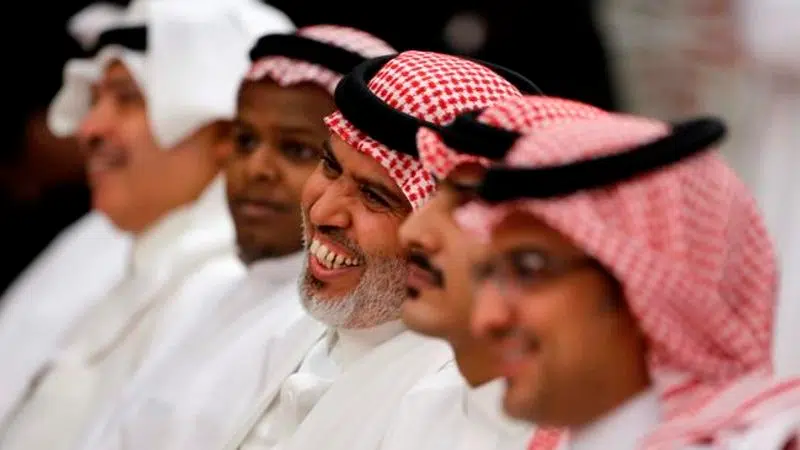
Trump strains to balance diplomacy, military threat to Iran
WASHINGTON — The Trump administration tried to balance diplomacy with fresh talk of military action Tuesday in response to the fiery missile and drone attack on the heart of Saudi Arabia’s oil industry — a strike marking the most explosive consequence yet of the “maximum pressure” U.S. economic campaign against Iran.
Secretary of State Mike Pompeo was headed to Jiddah in Saudi Arabia to discuss possible responses to what U.S. officials believe was an attack coming from Iranian soil. President Donald Trump said he’d “prefer not” to meet with Iranian President Hassan Rouhani at next week’s U.N. session but “I never rule anything out.”
Iran continued to deny involvement in last weekend’s attack on Saudi Arabia’s Abqaiq oil processing plant and its Khurais oil field, a strike that interrupted the equivalent of about 5% of the world’s daily supply. Saudi Arabia’s energy minister said Tuesday that more than half of the country’s daily crude oil production that was knocked out by the attack had been recovered and production capacity at the targeted plants would be fully restored by the end of the month.
The Trump administration was moving cautiously as it navigated competing impulses — seeking to keep up a pressure campaign aimed at forcing Tehran to negotiate on broader issues with the U.S. while deterring any further Iranian attacks and avoiding another Middle East war. It all was occurring as the administration deals with a host of other foreign policy issues and has no national security adviser, following the recent ouster of John Bolton.


